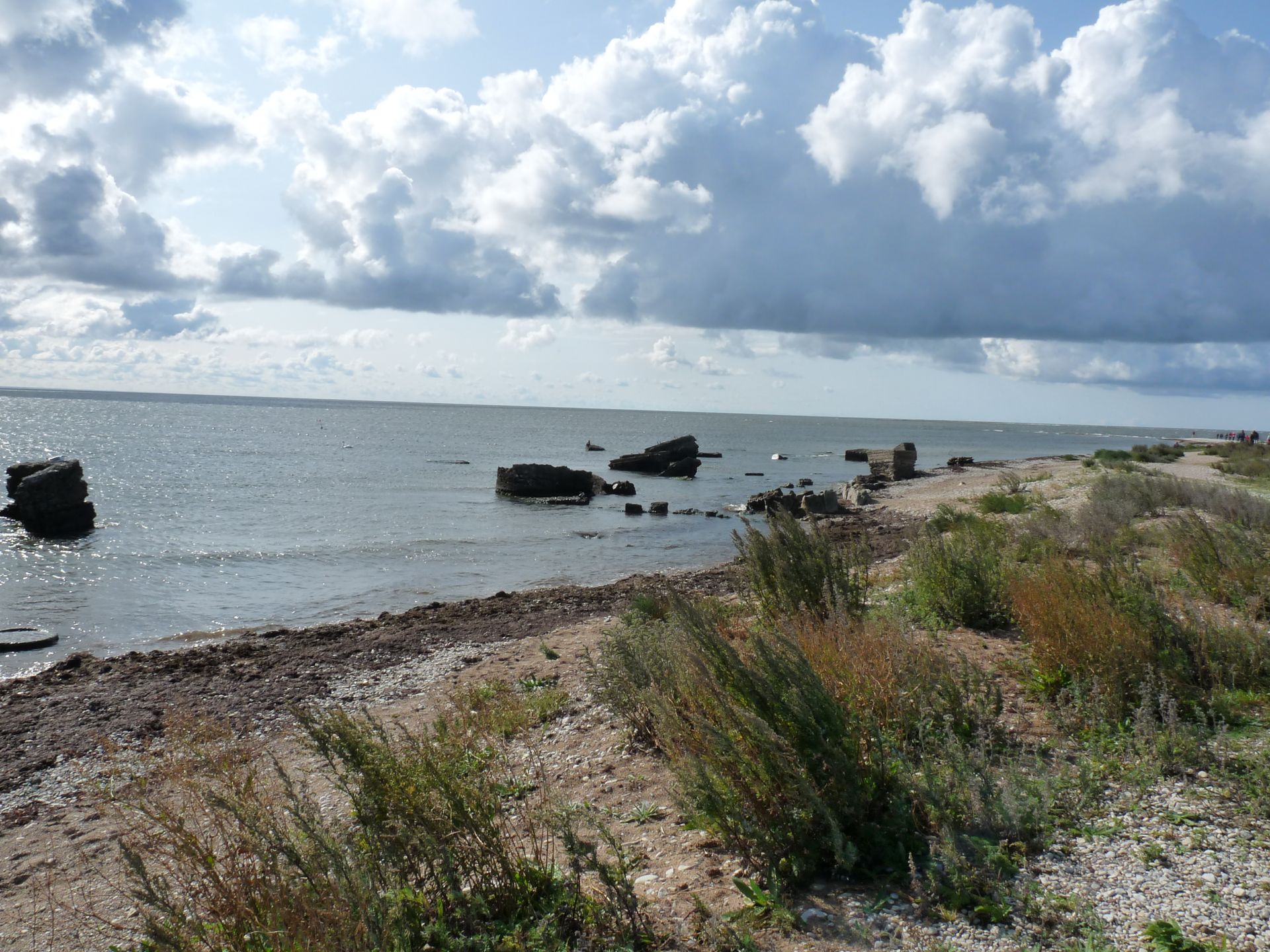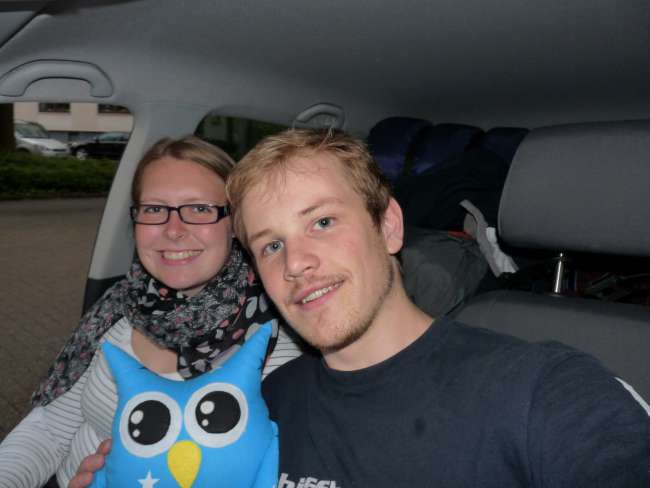Estonia and the island of Saaremaa
Published: 29.08.2017
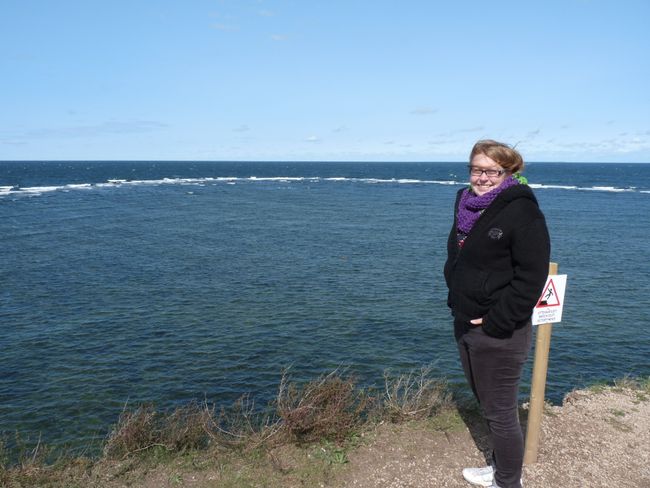
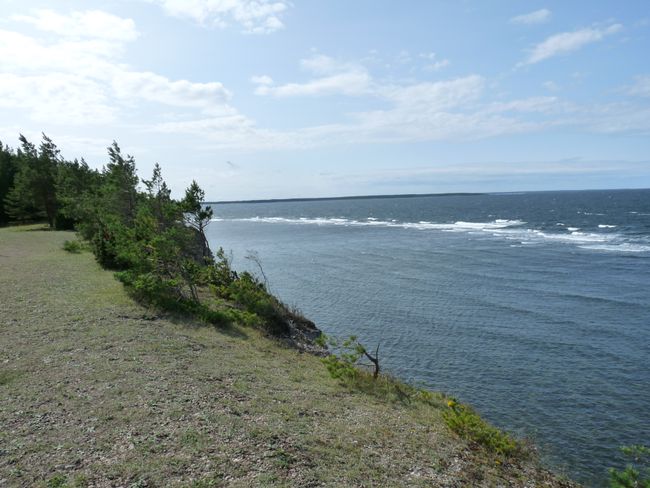
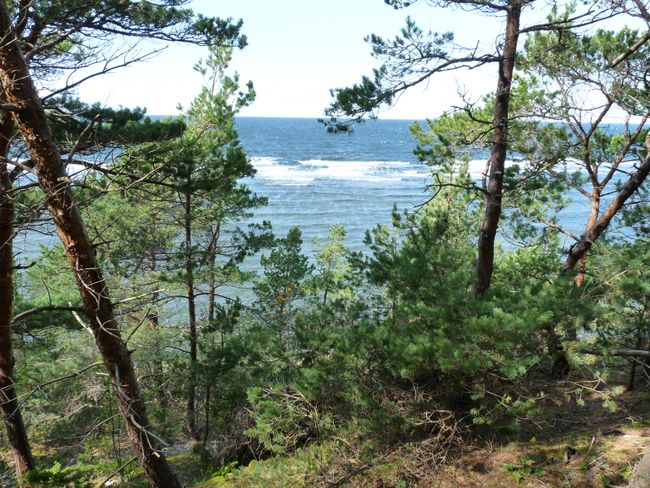
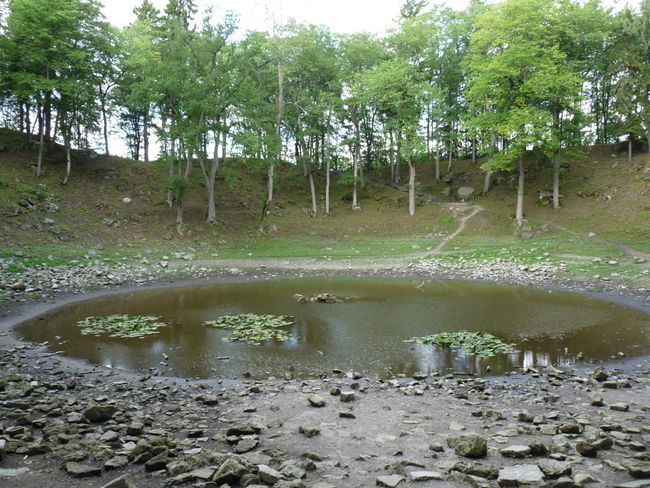
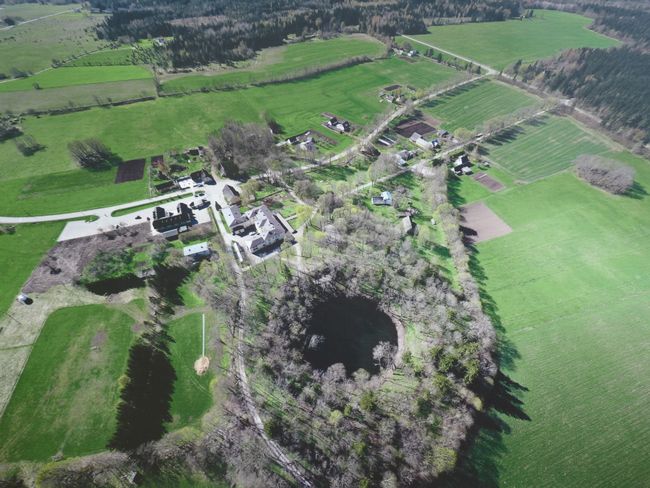
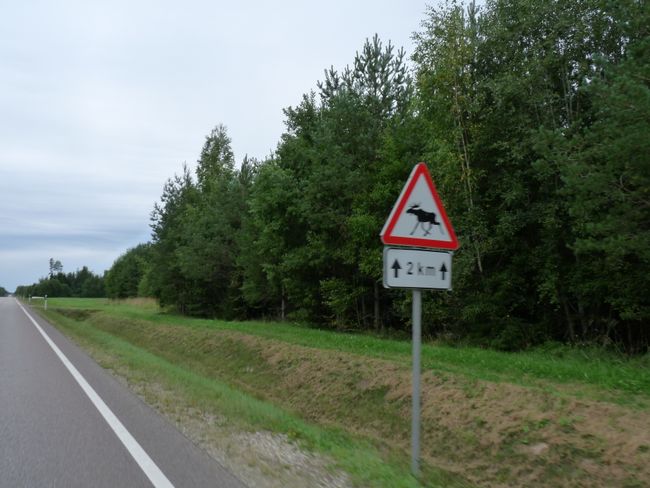
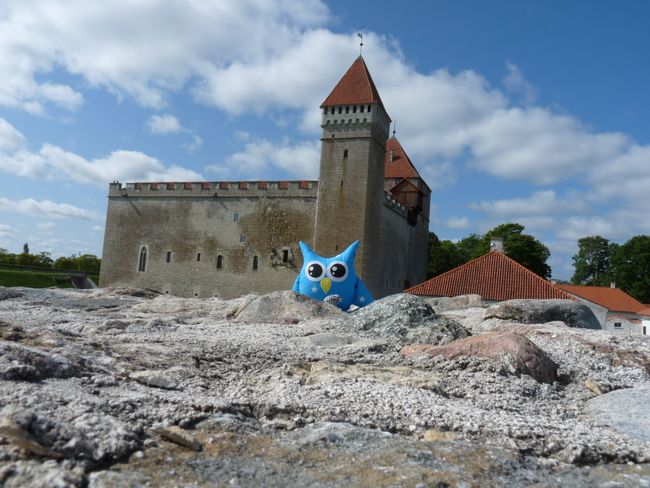
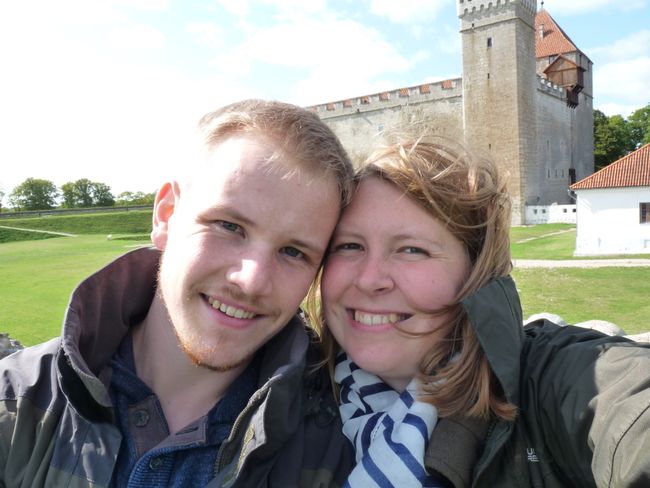
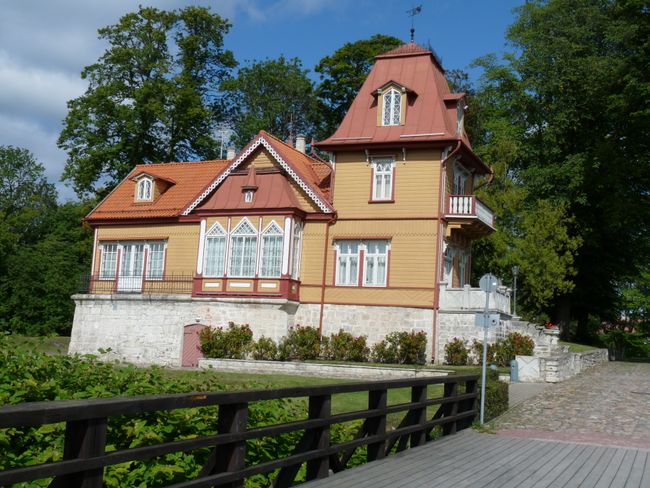
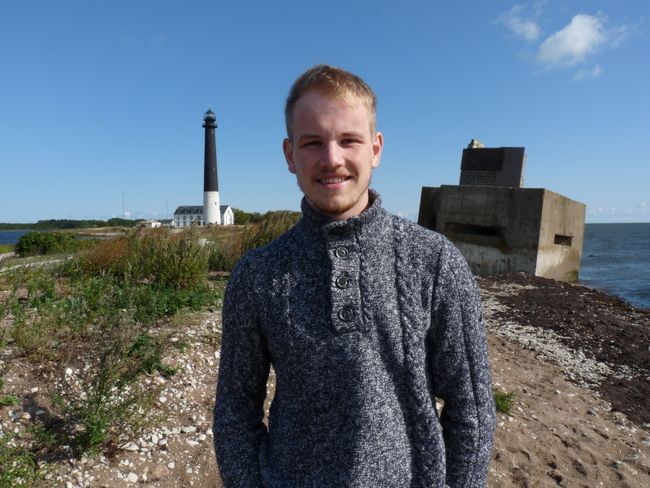
Subscribe to Newsletter
EDIT: PHOTOS FOLLOW!
Saaremaa, 23.08.2017
As you may have noticed, Saaremaa sounds very different from the language of the countries before. Right after crossing the border into Estonia, Hanna and I are excited about the funny language with its incredibly many vowels. Since we haven't had breakfast yet, we stop at a small café that resembles a coffee shop the most. I would describe the ambiance as Starbucks, they also have coffee and tea, but stop: people eat schnitzel, salmon in cream sauce, tons of coleslaw and to top it all off, they also drink beer in the morning at 9:30am (Note that Estonia has a zero blood alcohol limit and most guests are driving). Hanna and I feel a bit like outsiders. In the store, there are families with children and elderly people sitting next to two members of a motorcycle gang, all enjoying a hearty breakfast and drinking beer. Curious. We also find out in the following days that Estonians actually have no great interest in breakfast. With luck, you can get omelettes offered in a store for tourists. In Pärnu, we make a stop and in passing by an optician, I learn my first two Estonian words. Glasses means 'instrument' and optician means 'instrumentarium' :-)
Our destination is the island of Saaremaa. It is the largest island in the Baltic Sea after Gotland and can be reached by a short ferry ride. The ferries are very new and I must say I have rarely experienced such low-vibration ships (speaking as a shipbuilder). Thumbs up! We drive over 70 kilometers across the island before reaching our campsite just outside the capital of the island. It is within walking distance to the sea and very nice. On the first day, Hanna and I visit the Bishop's Castle in Kuressaare. The island has had a varied and truly exciting history. Initially, the Teutonic Order settled there, then the Swedes and Danes took turns. This was followed by 200 years of Russian rule, until the Germans "liberated" the island during World War II. Initially, the islanders were not averse and took terrible revenge on their communist compatriots. After the Germans were driven out at the end of WWII after extremely costly battles, the spiral of violence started all over again in the opposite direction. Cemeteries, memorials, and monuments are erected everywhere on the island. German soldiers lie next to Soviet soldiers together with Estonian freedom fighters from both sides. Today, the island is a natural paradise with elk, great cliffs, and shallow beaches. The island is famous for its many old medieval churches.
In addition to the large cultural and natural offerings, Hanna and I actually witness the HSV (football club) winning 3:1 against FC Cologne in a bar in Kuressaare in the evening. I was so sure that I actually lost 5 euros betting on FC Cologne... That's how it goes. After three days, we leave the island heading towards Tallinn.
Subscribe to Newsletter
Answer
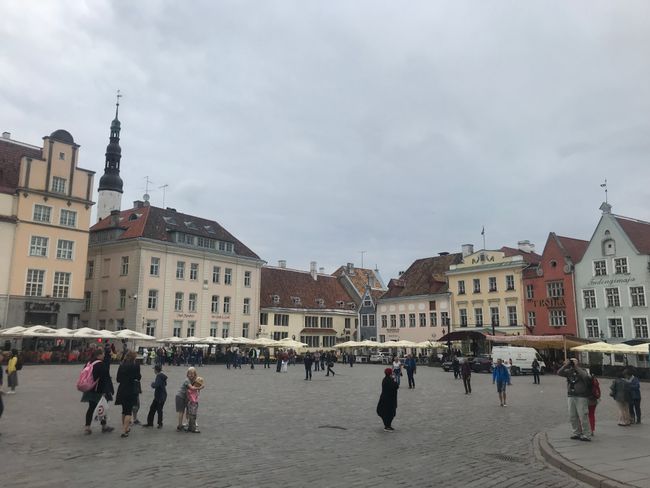
Travel reports Estonia
